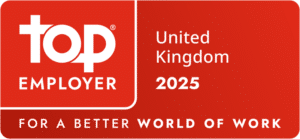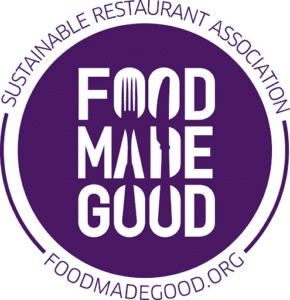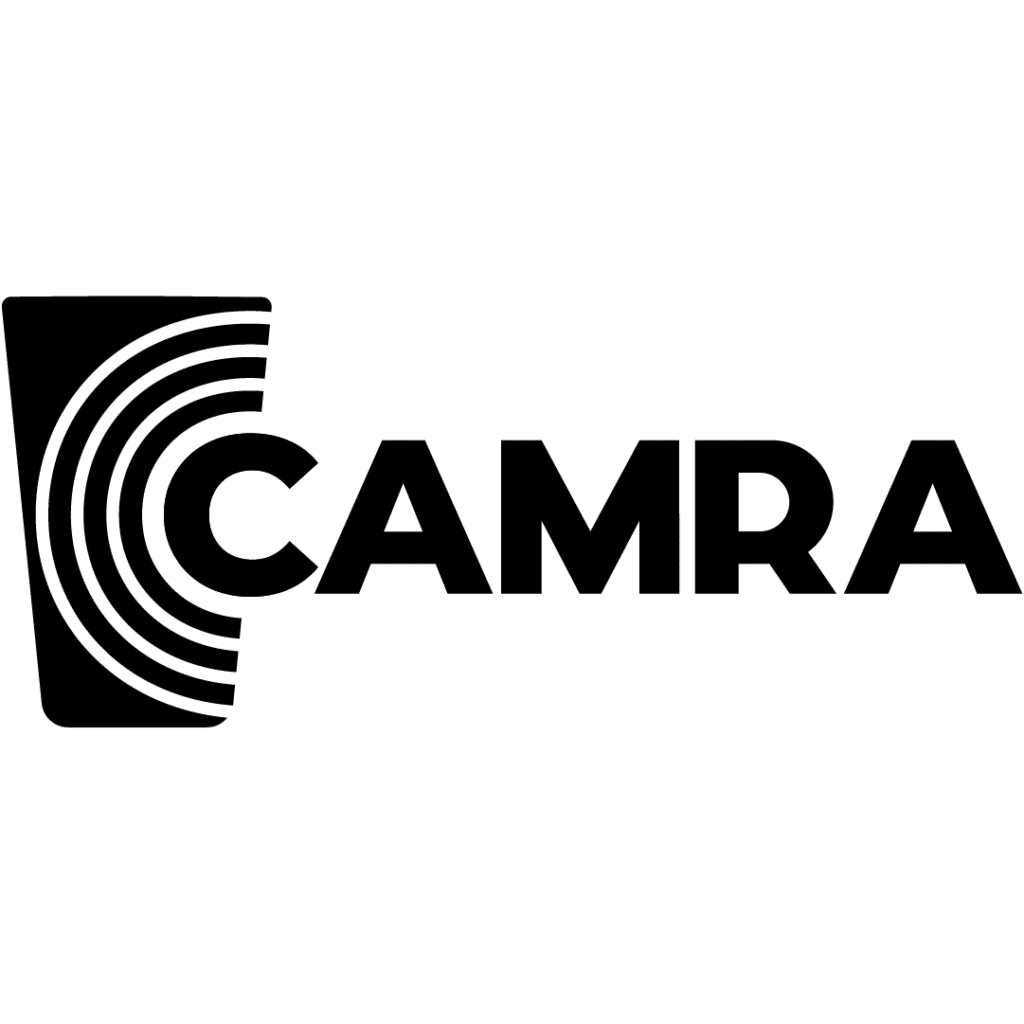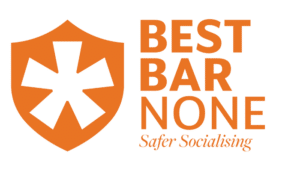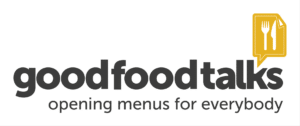Animal welfare policy
11 Dec 2024
The company recognises that animals are sentient beings. The farm animal welfare policy refers to all products and ingredients containing meat, seafood, dairy and/or egg products. For each species sourced, further standards, specific to the needs of that animal, are applied. Individual species policies are detailed in the product-sourcing policy.
Management responsibility for animal welfare
James Ullman, personnel and audit director and an executive board member, has responsibility for ensuring that all suppliers comply with the supplier charter, including the animal welfare policy. Senior Wetherspoon managers, with responsibility for overseeing the purchasing, catering, quality-assurance and distribution functions and personnel, have the mandate to ensure that high standards of animal welfare are adhered to in the supply chain.
Animal welfare is included in the company’s business process review meetings, chaired by the chief executive, with directors and representatives from the purchasing, catering, quality-assurance and distribution functions present.
Legal requirements
Wetherspoon will purchase meat only from suppliers which can demonstrate that their producers are adopting and implementing high standards of animal welfare across supply chains in the UK and globally.
Suppliers are required to comply with UK and/or EU animal welfare legislation (or accepted national equivalents), including statutory livestock codes of practice as a minimum:
- The Animal Welfare Act 2006
- The Welfare of Farm Animals Regulations 2007 and The Welfare of Farmed Animals (Amendment) Regulations 2010, plus any subsequent revisions or associated Codes of Practice
- EU Council Directive 98/58/EC concerning the protection of animals kept for farming purposes and other EU regulations and directives relating to specific animal welfare standards for each species, including:
- EU Council Directive 2007/43/EC, laying down minimum rules for the protection of chickens kept for meat production
- Council Directive 2008/120/EC, laying down minimum standards for the protection of pigs
- Council Regulation (EC) No 1/2005 of 22 December 2004, on the protection of animals during transport and related operations
- Council Regulation (EC) No 1099/2009, on the protection of animals at the time of killing
Where national law exceeds either UK/devolved government or EU law, it must be adhered to.
Five freedoms
Wetherspoon is committed to the ‘five freedoms’ as defined by the Farm Animal Welfare Committee (2009) which form the basis of internationally recognised animal welfare practice:
- Freedom from hunger and thirst, by ready access to water and a diet to maintain health and vigour.
- Freedom from discomfort, by providing an appropriate environment.
- Freedom from pain, injury and disease, by prevention or rapid diagnosis and treatment.
- Freedom to express normal behaviour, by providing sufficient space, proper facilities and appropriate company of the animal’s own kind.
- Freedom from fear and distress, by ensuring conditions and treatment which avoid mental suffering.
Close confinement of animals and intensive systems
The routine use, by suppliers, of close-confinement systems in the rearing of farm animals is prohibited in the supply chain. This includes no cages for laying hens or broiler chickens and no tethering of dairy or beef cattle.
The exception is with pigs, where farrowing crates are used under certain circumstances (and for a maximum of four weeks) to protect the sow in the later stages of pregnancy and then the piglets while weaning. All of the pork used by Wetherspoon is sourced from within the UK and the EU, where sow stalls are banned.
Growth-promoting substances
The use of growth promoters is strictly prohibited across all of the company’s livestock supply chains.
Mutilation
Routine mutilation of farm animals used to supply products to Wetherspoon is not permitted. This policy applies to all relevant species, in all locations.
Tail-docking and teeth-clipping in pigs and tail-docking of lambs may be permitted only when the welfare of the animal is deemed to be at risk by not doing so and only after all other measures have been taken and considered unsuccessful.
Transportation of animals
Suppliers are required to keep transport times to a minimum, to prevent undue stress to animals.
Eight hours is the maximum permitted for all animals, with the exception of chickens, for which the maximum is four hours. Hauliers used must comply with the assurance schemes relevant to the animals being carried.
This policy extends to the transportation of all animals within the supply chain, including end-of-life sows, laying hens and dairy cows.
Stunning and slaughter
All livestock providing meat must be stunned before slaughter to ensure that the animals are insensitive to pain before slaughter.
All farmed seafood must be stunned before slaughter and processing.
All meat and poultry must be humanely slaughtered. Abattoirs are required to comply with Regulation 1099/2009 EC and/or equivalent associated national law.
This policy extends to all animals within the supply chain, including end-of-life sows, laying hens and dairy cows.
Foie gras
The company has made a commitment to not produce or sell foie gras.
Against animal testing
The company does not permit or condone the use of animals to test the safety of products.
J D Wetherspoon auditor training in farm animal welfare
Auditors have undertaken the following training:
- Animal Welfare Officer (Bristol University)
- Poultry Welfare Officer (Bristol University)
- BRC Lead Auditor
- Advanced (level 4) Food Safety
- Advanced (level 4) Health and Safety
- HACCP (level 3)
Further and refresher training is considered annually.
